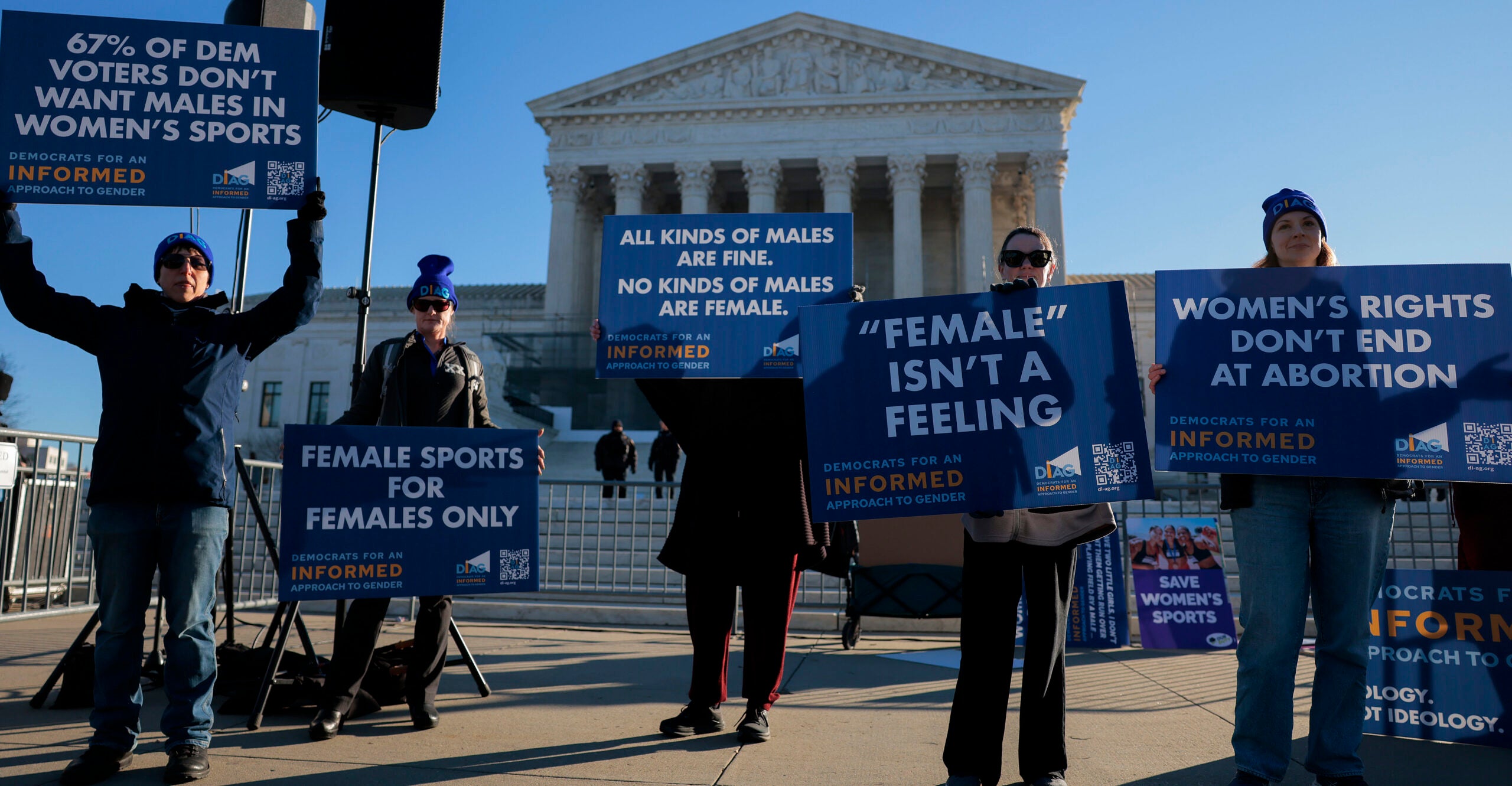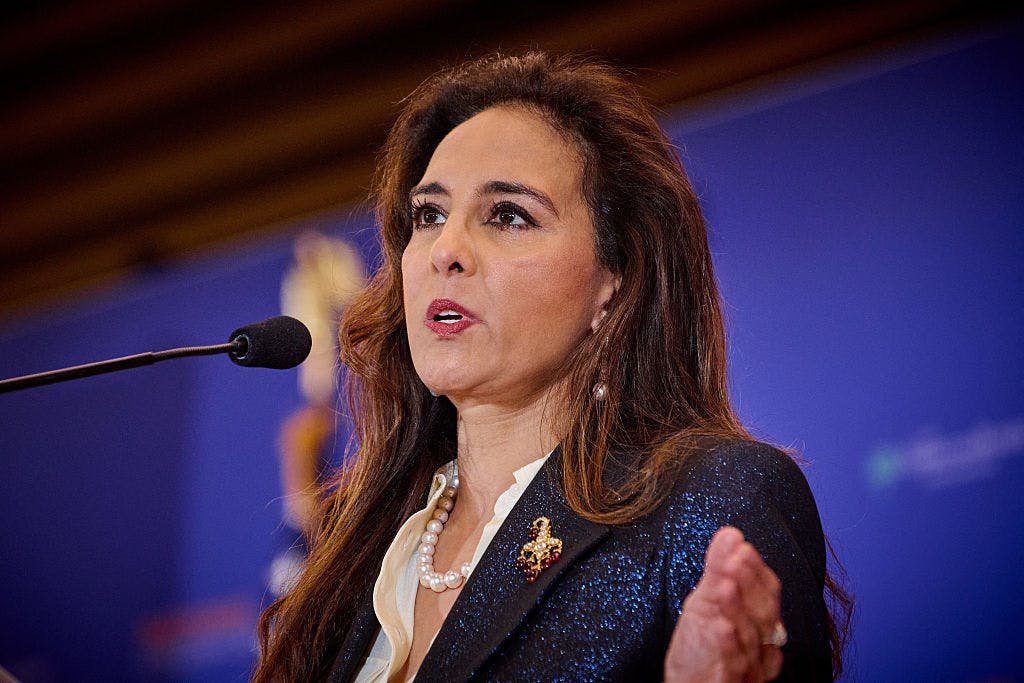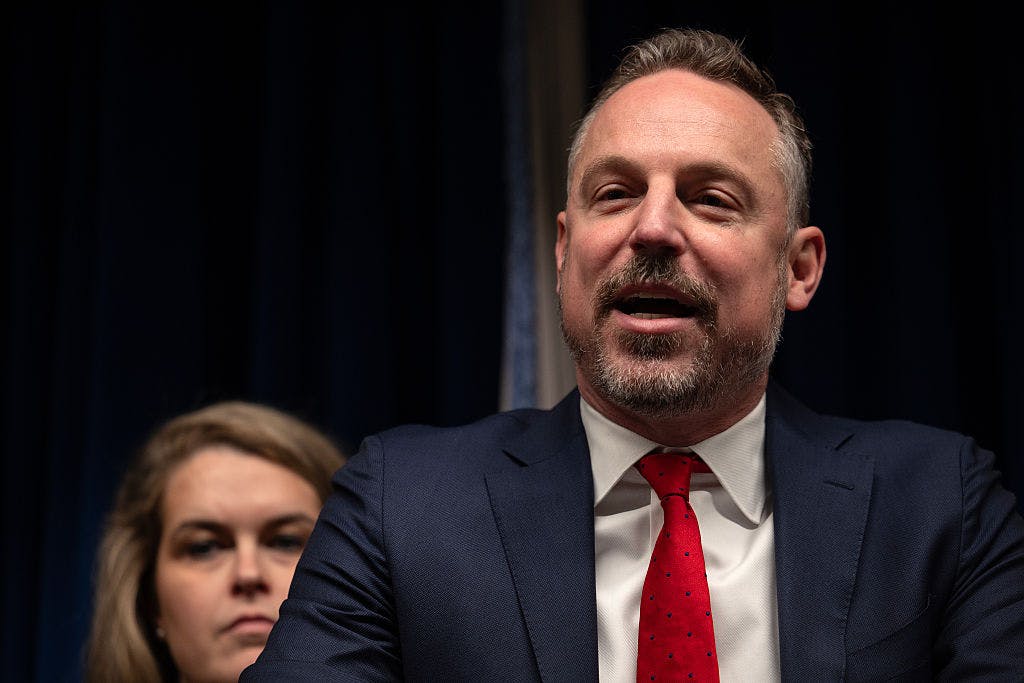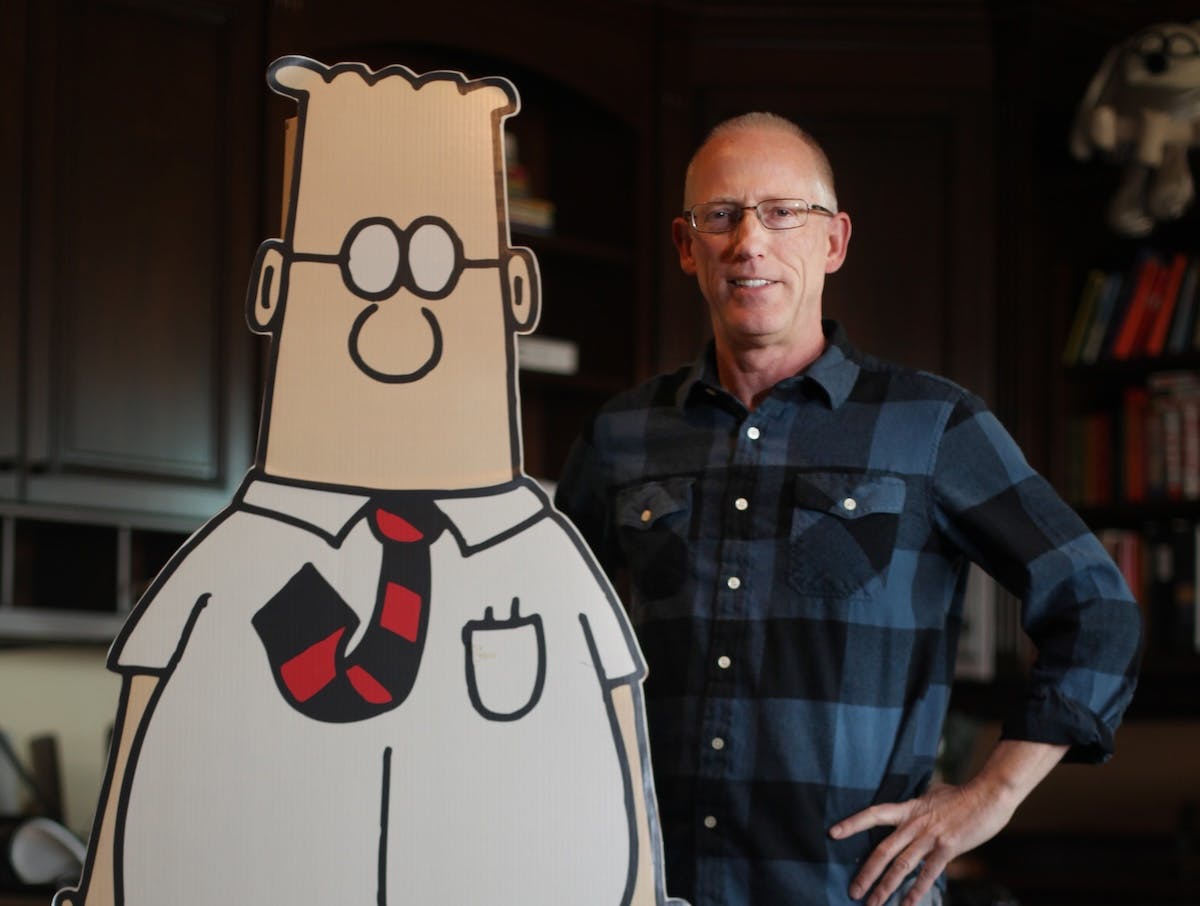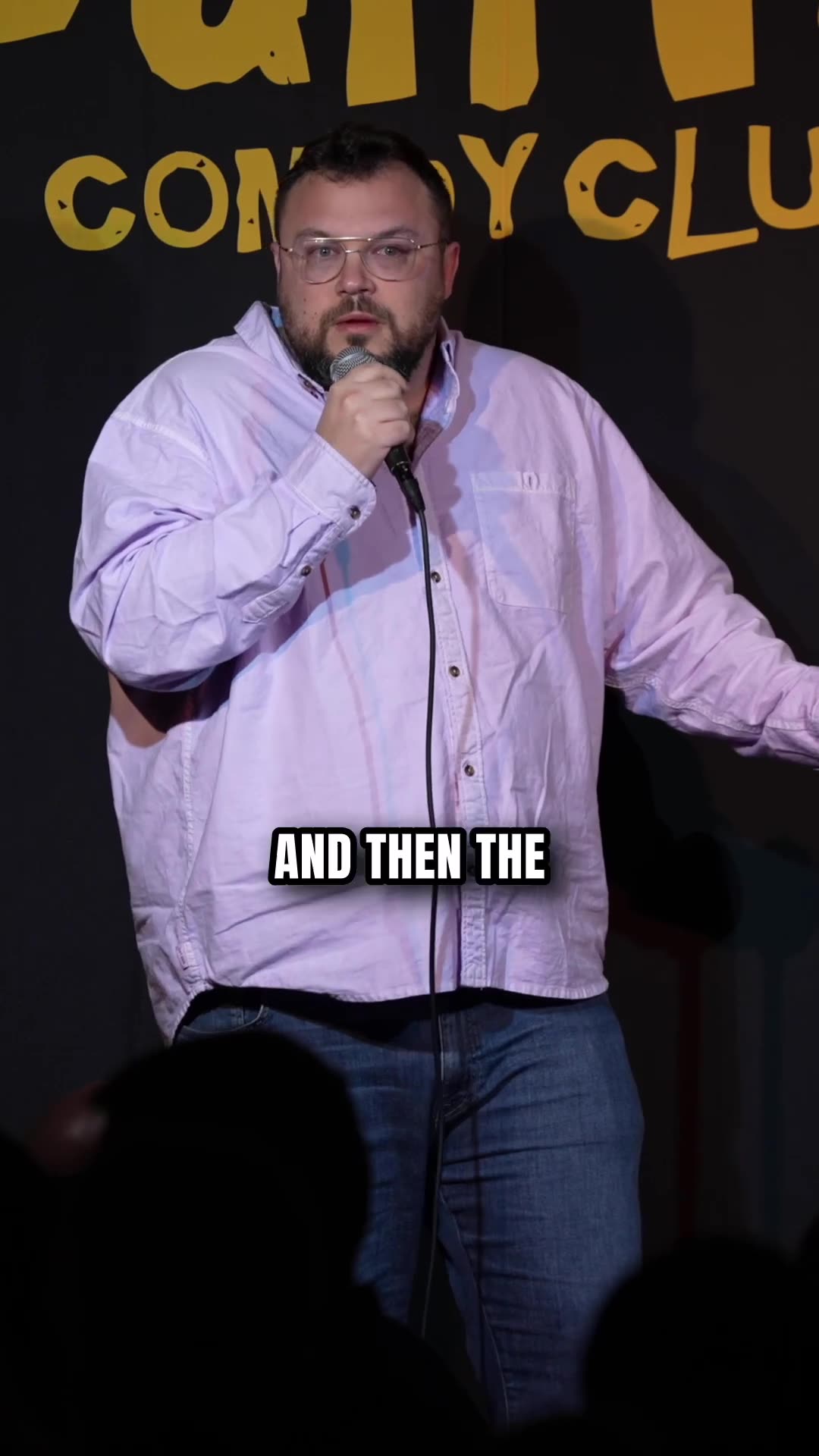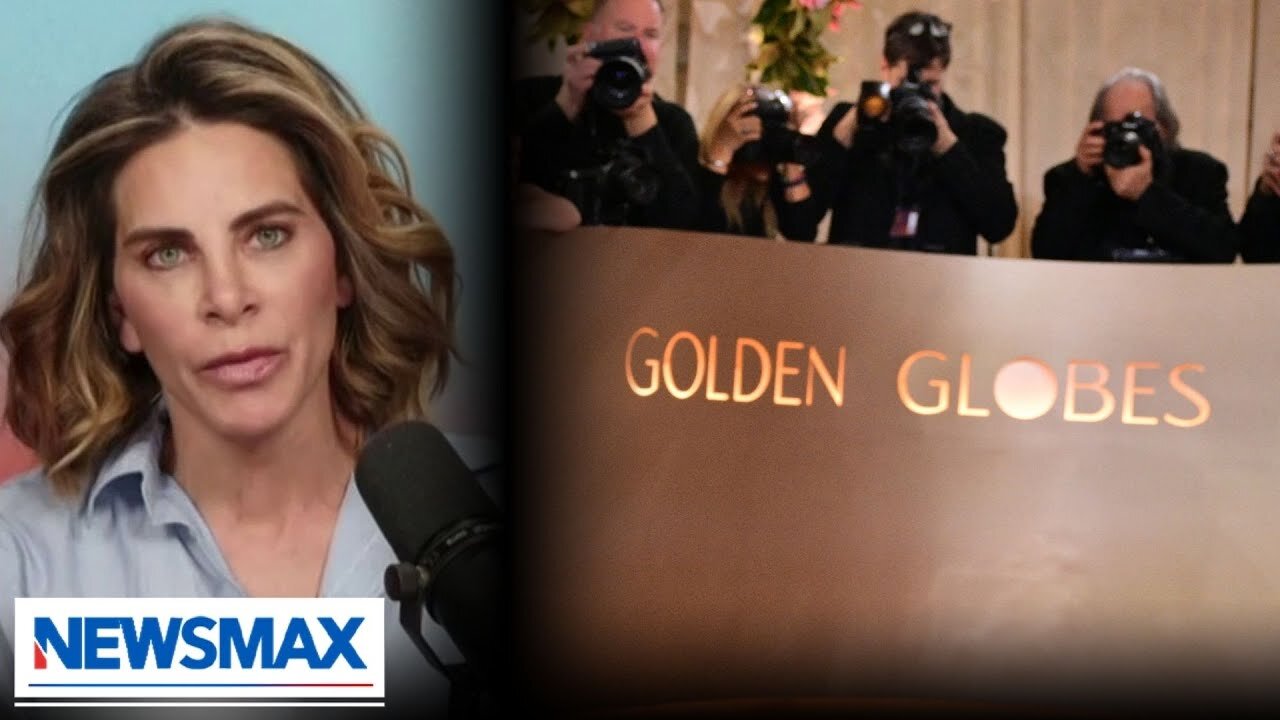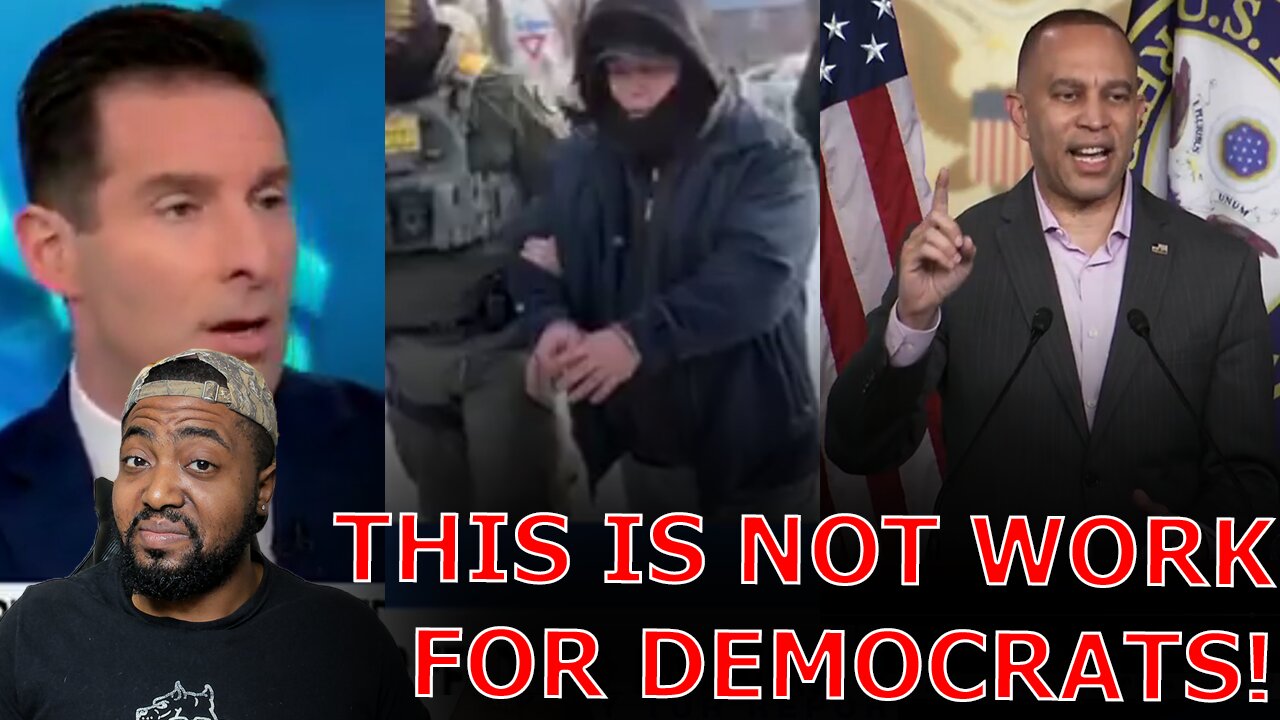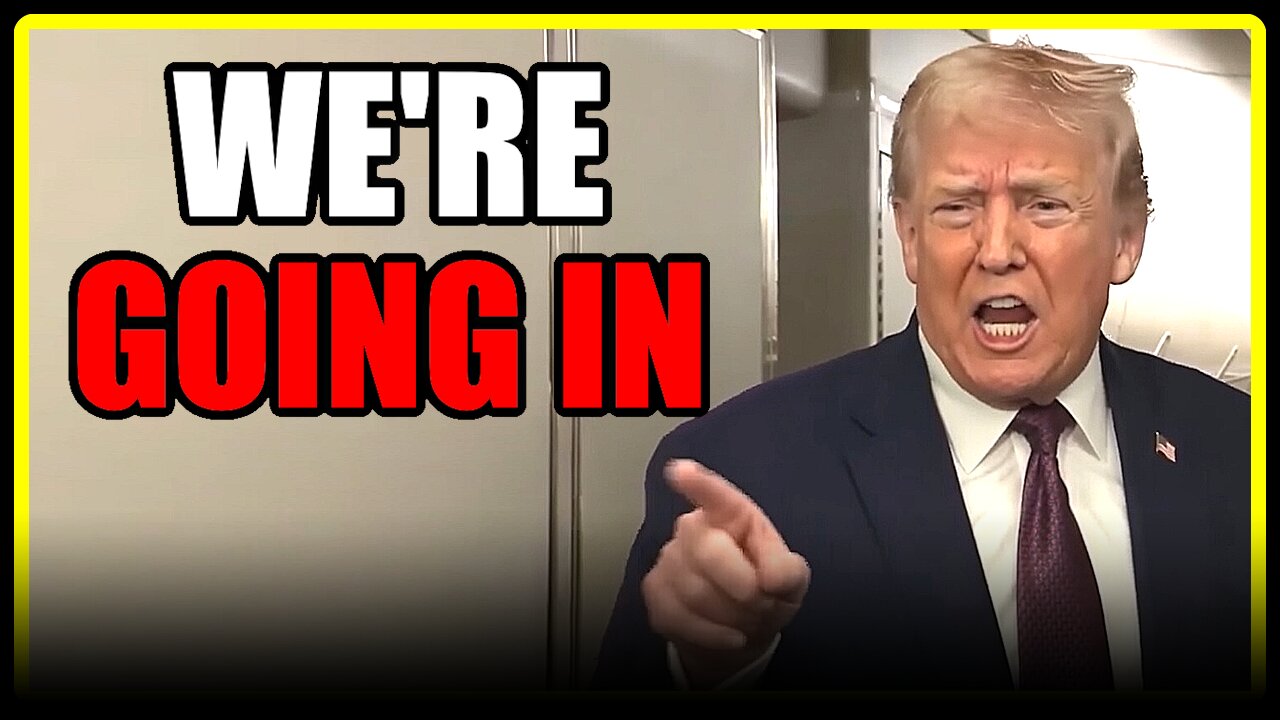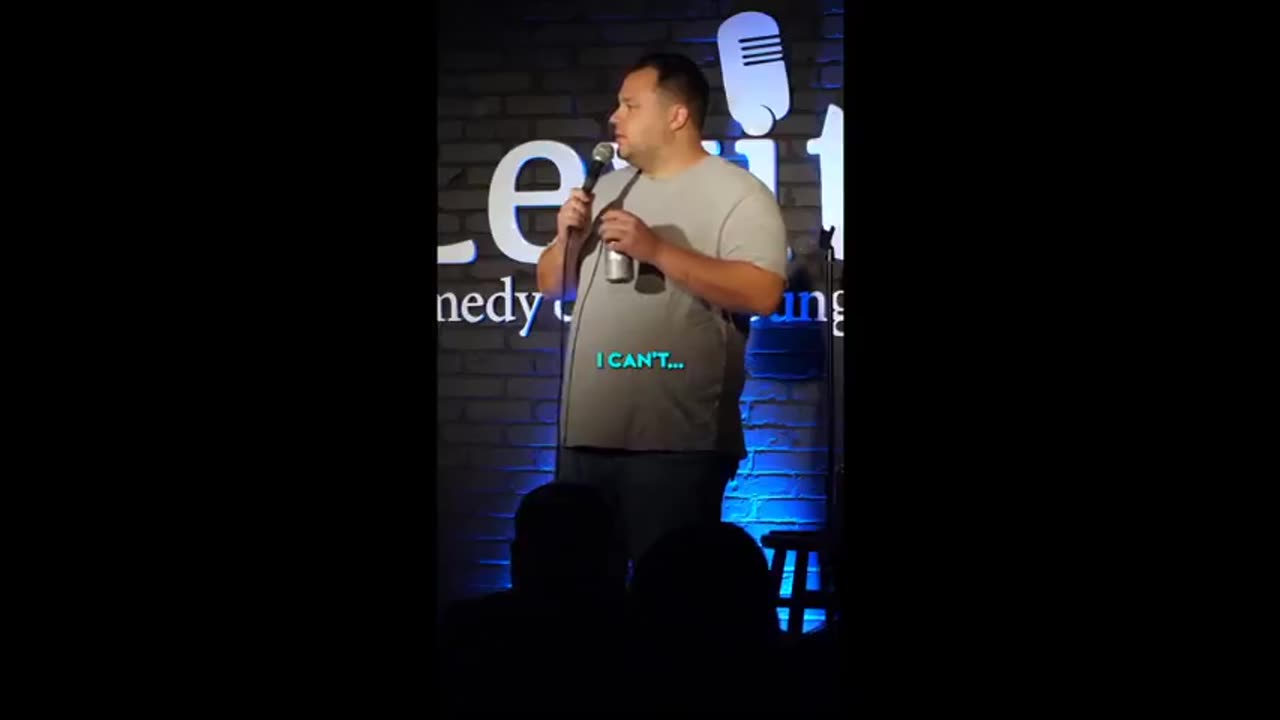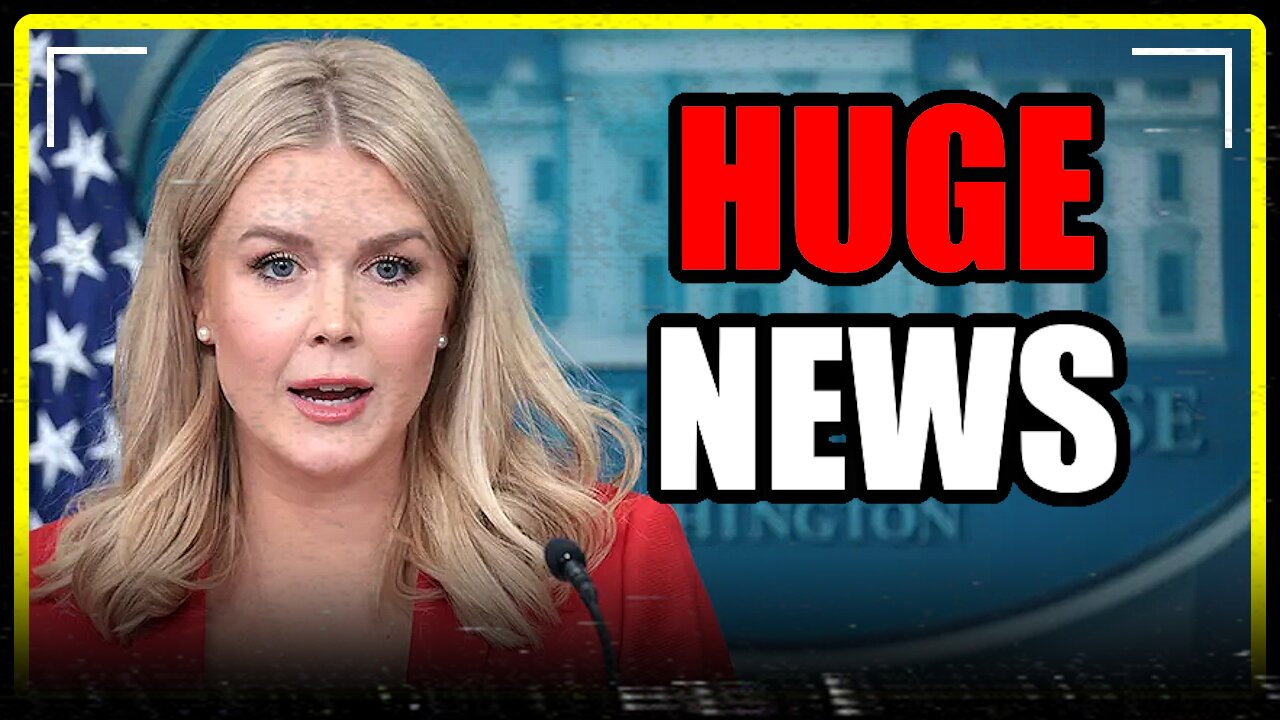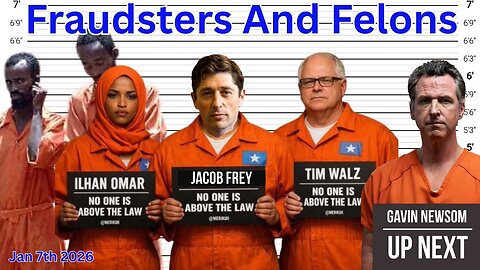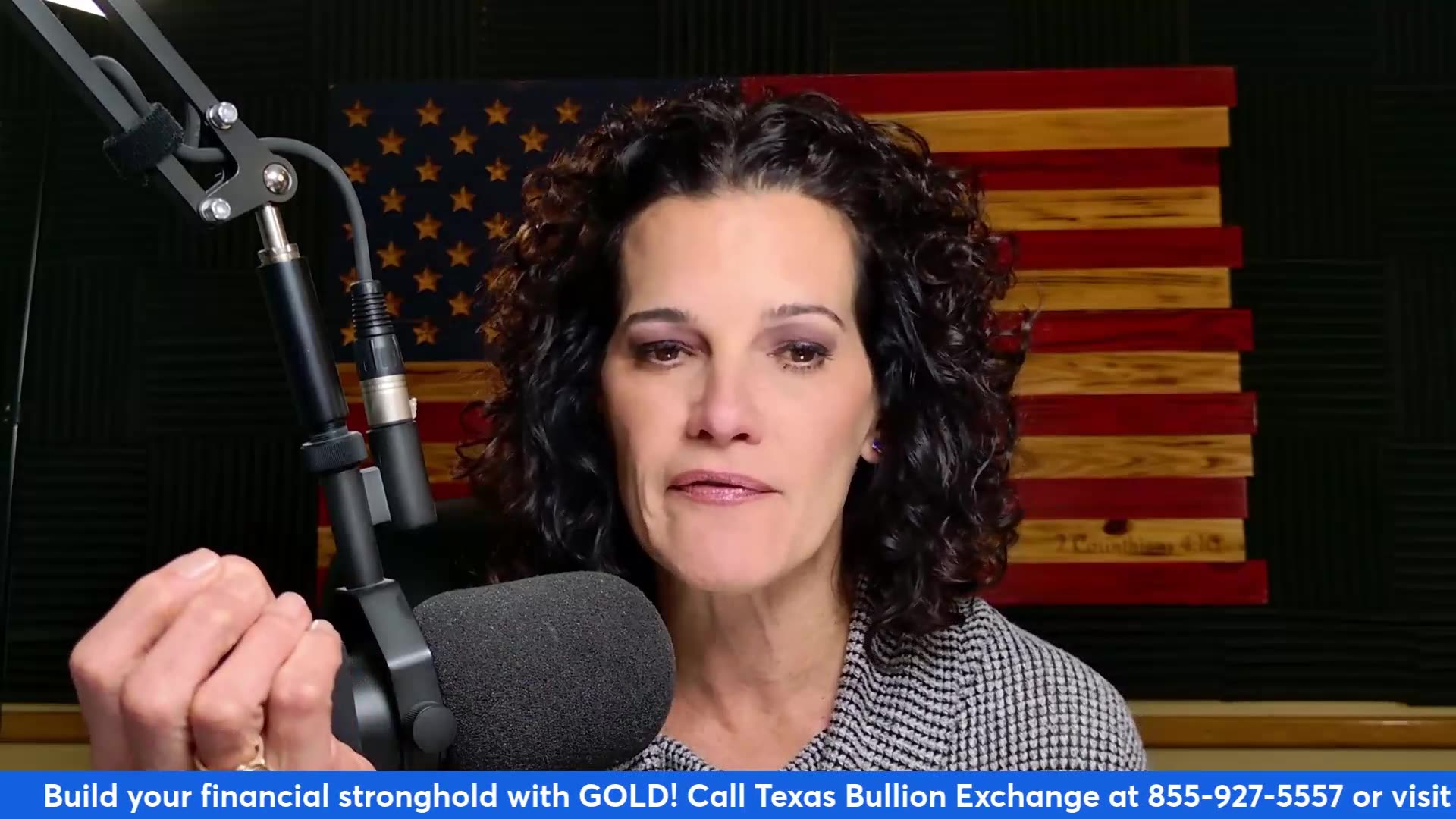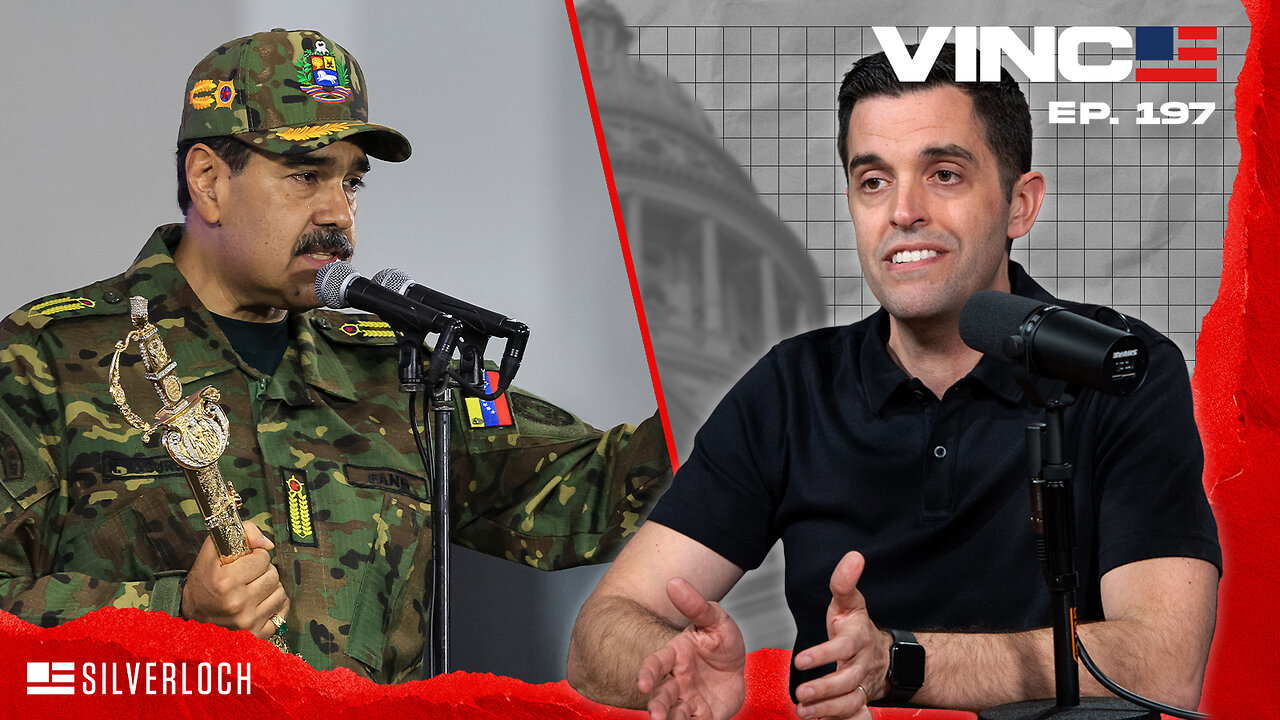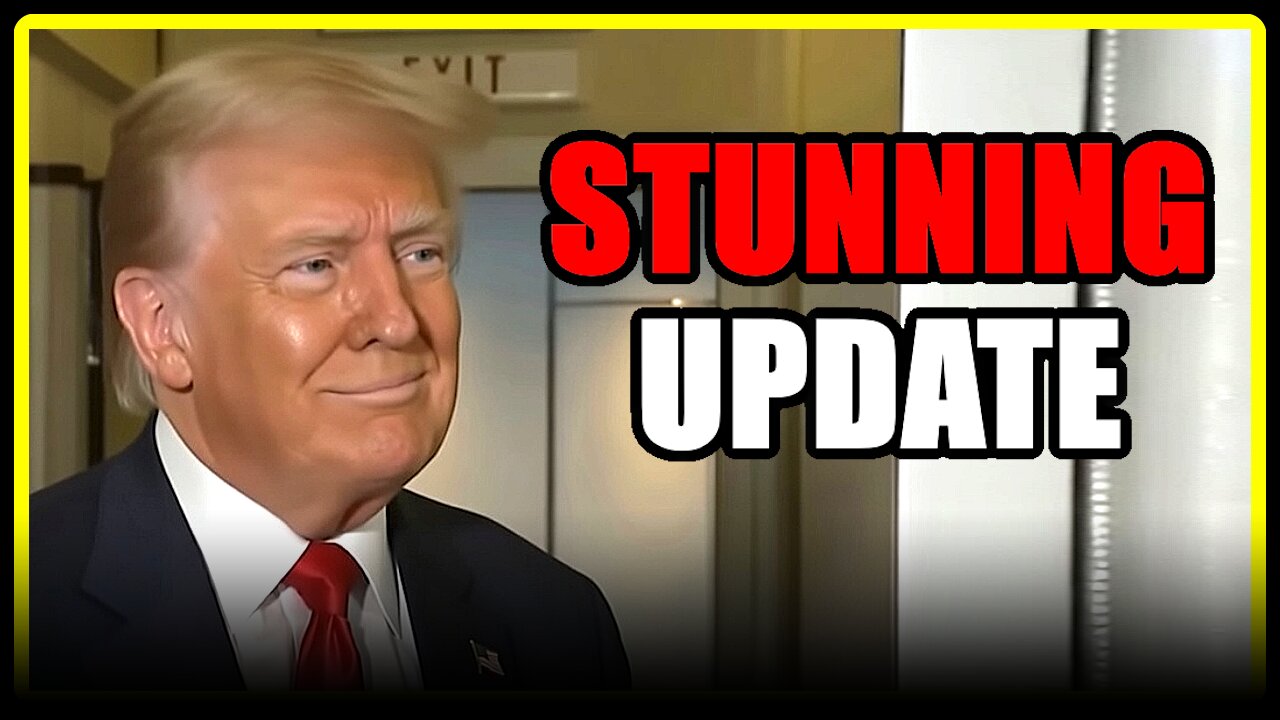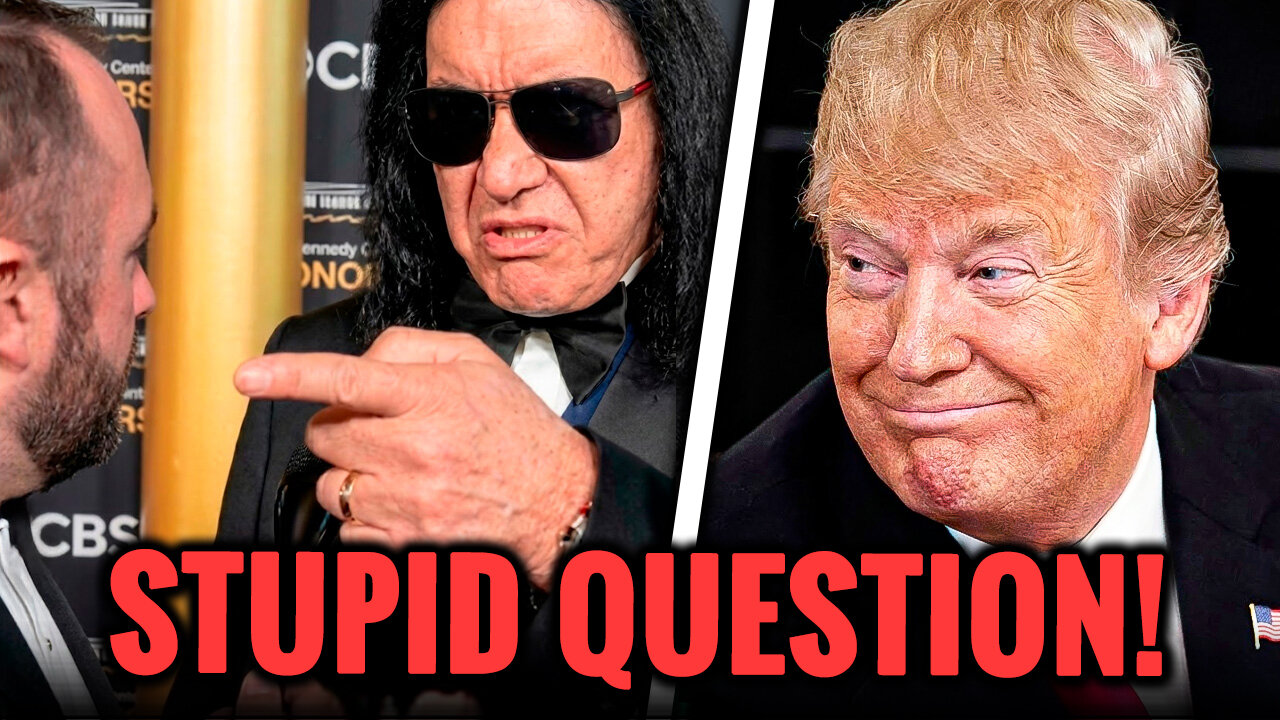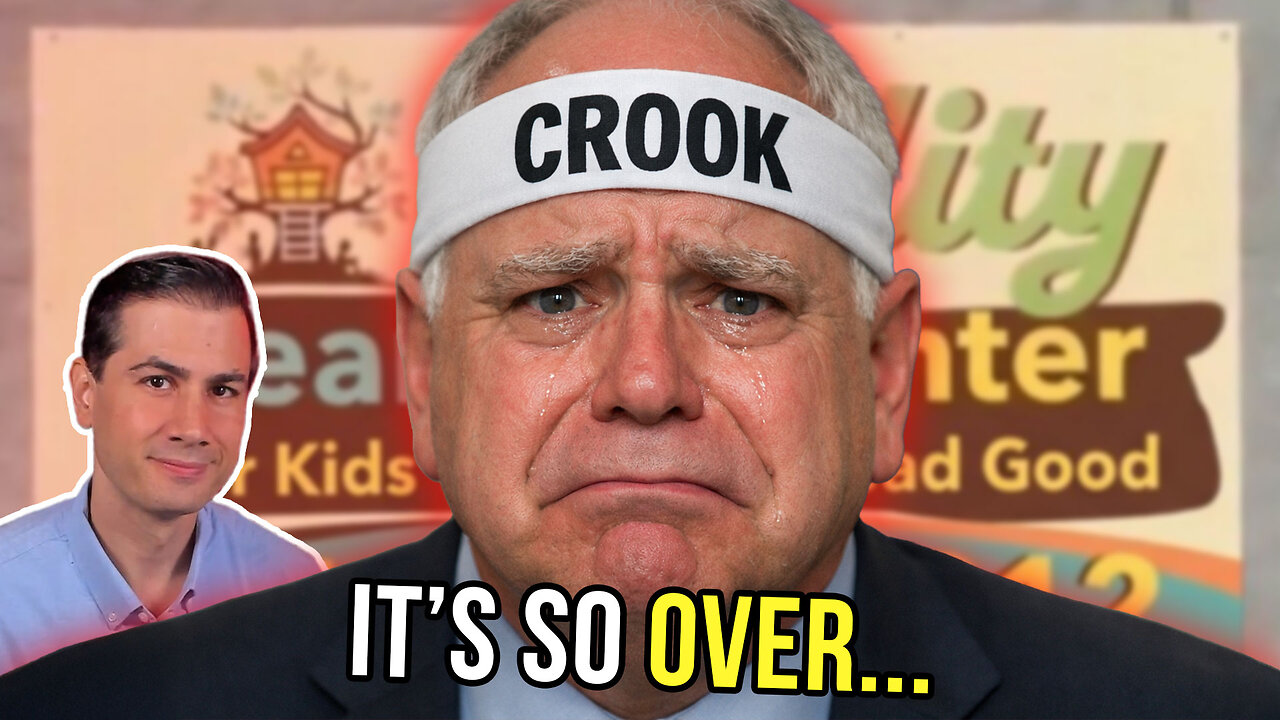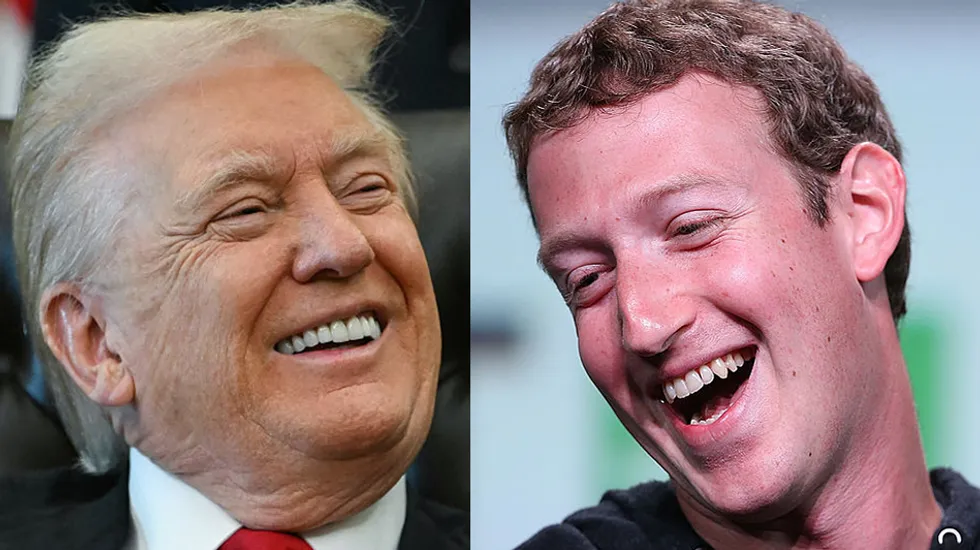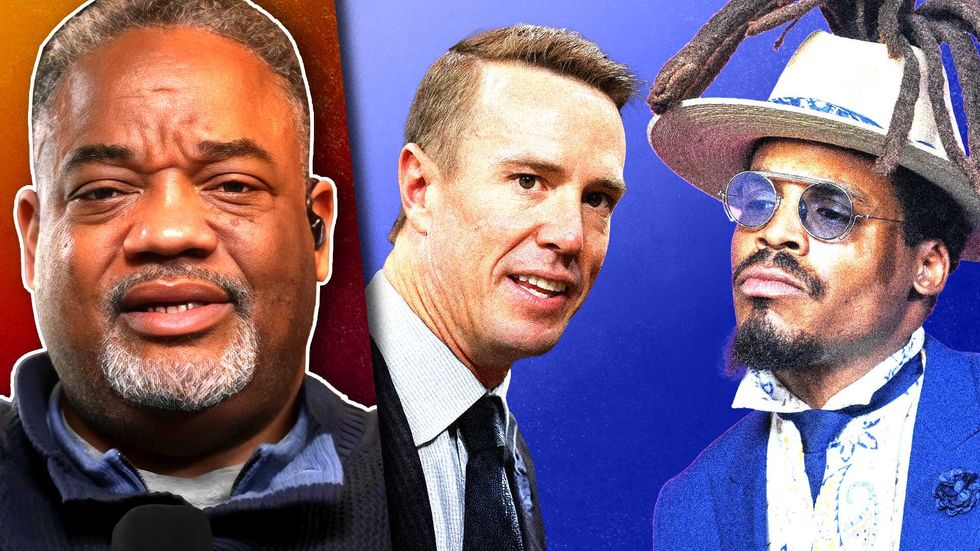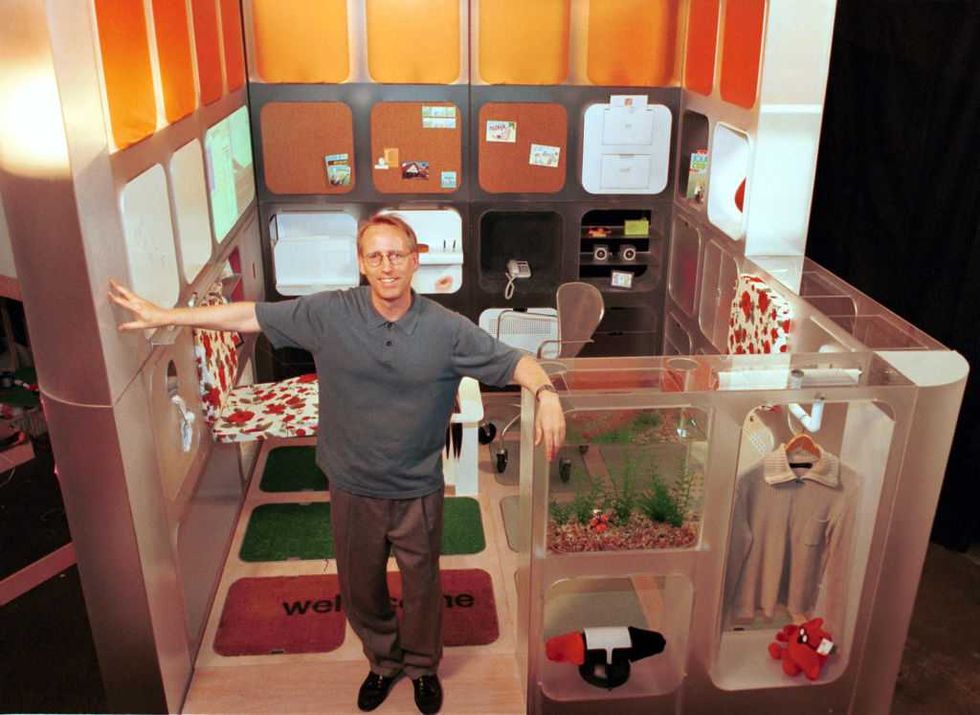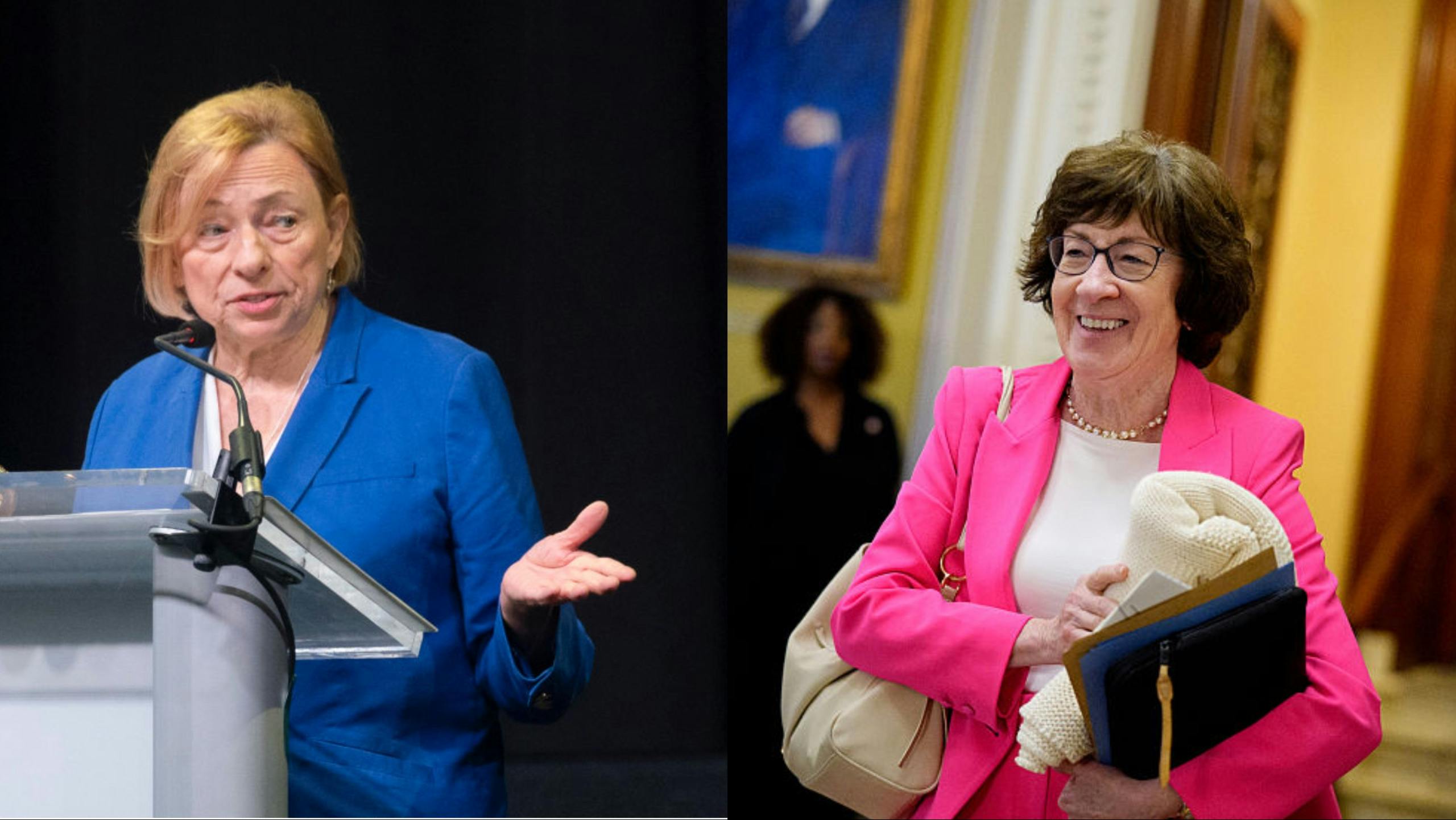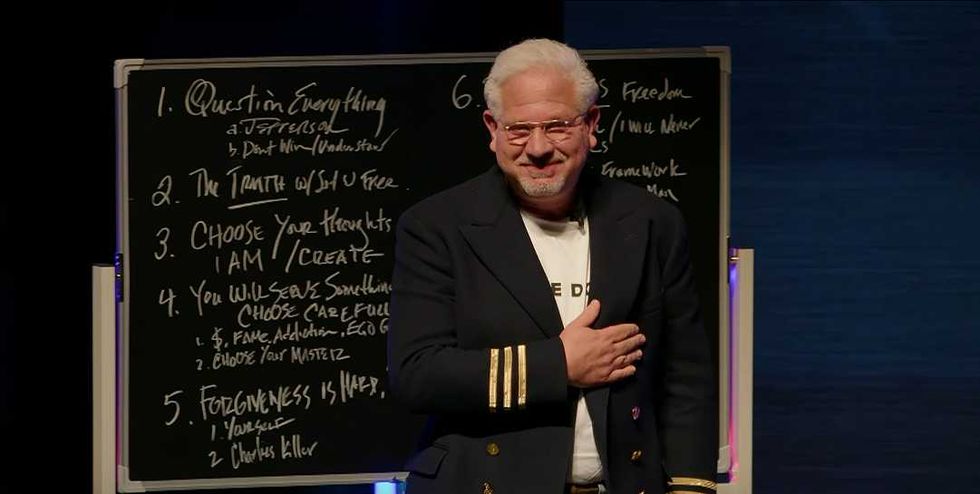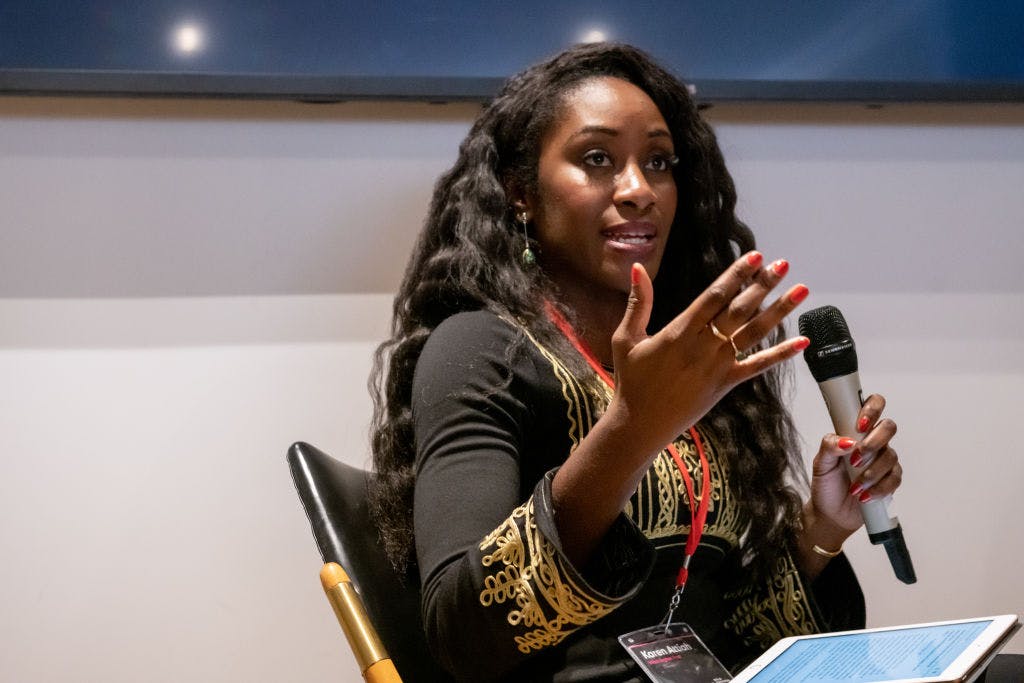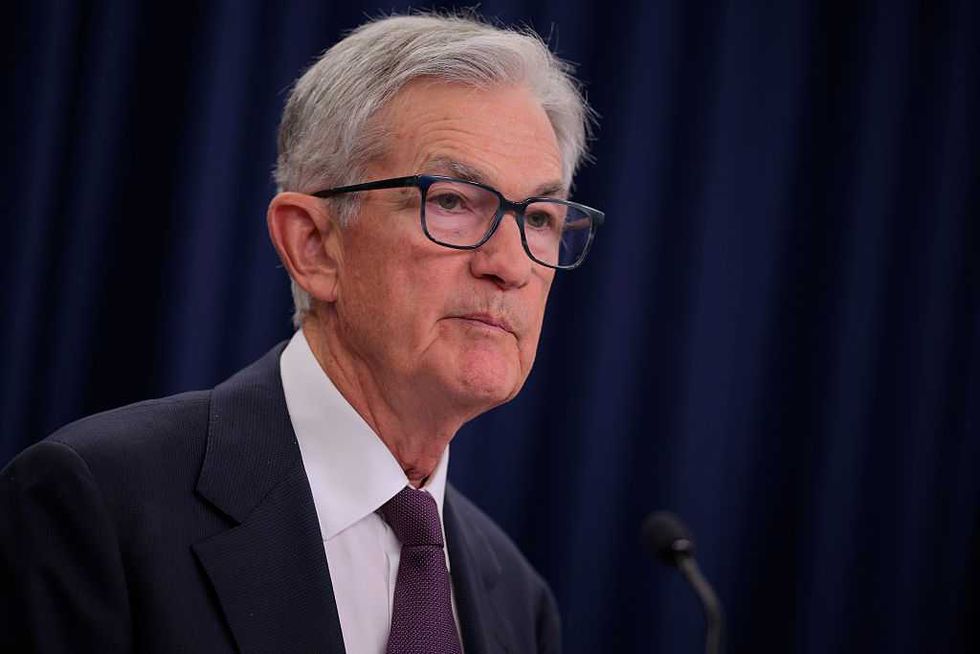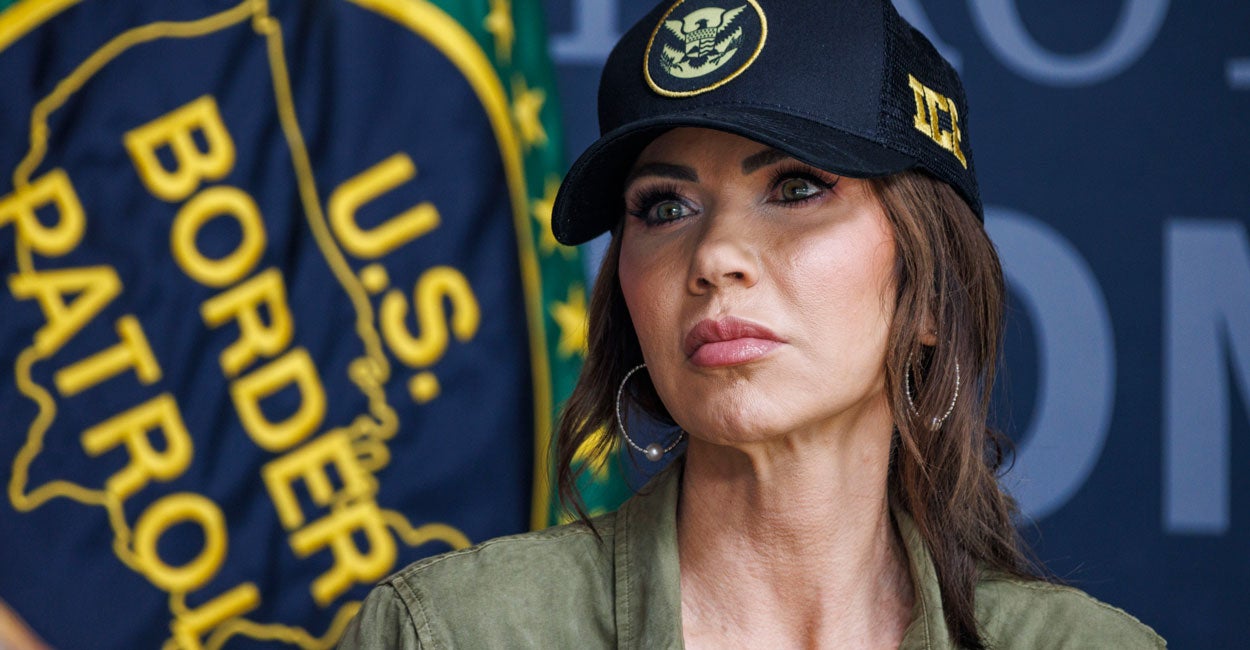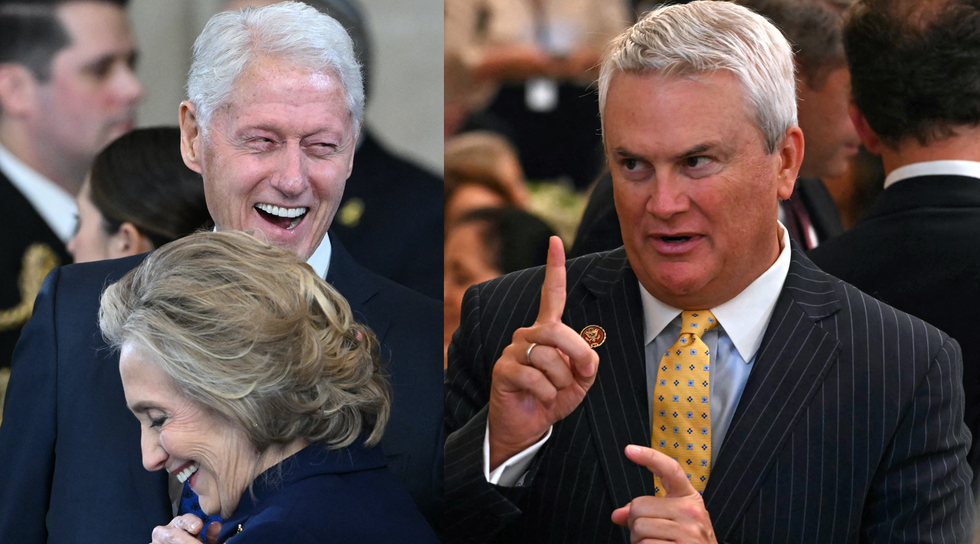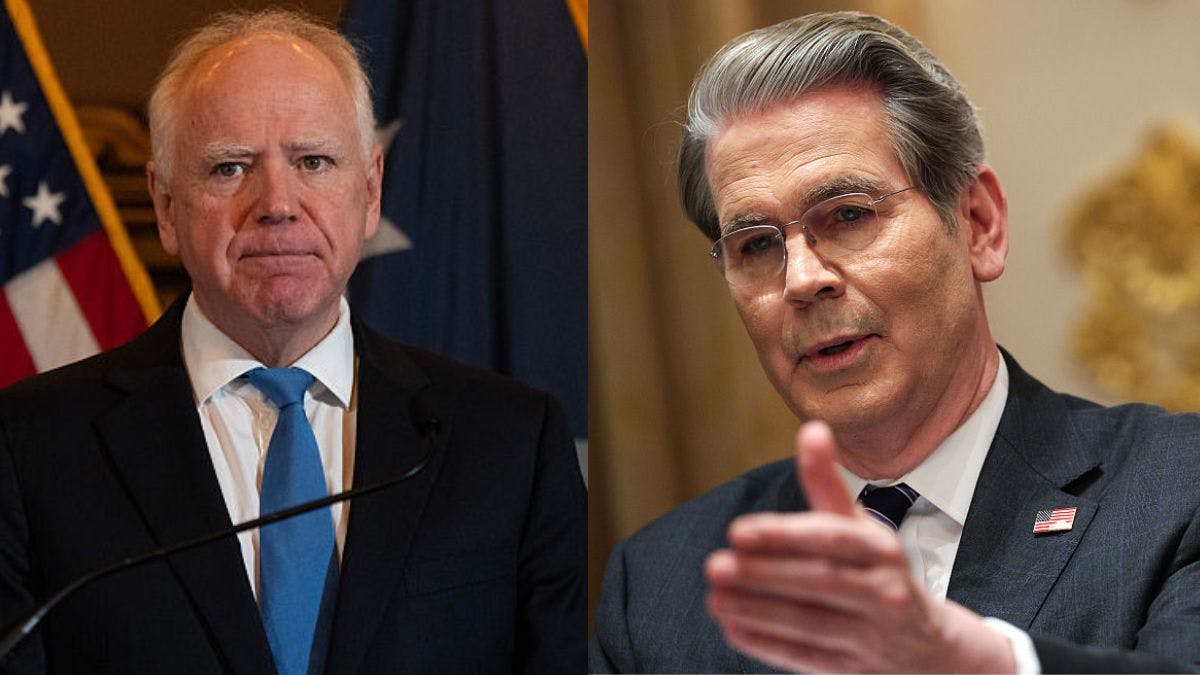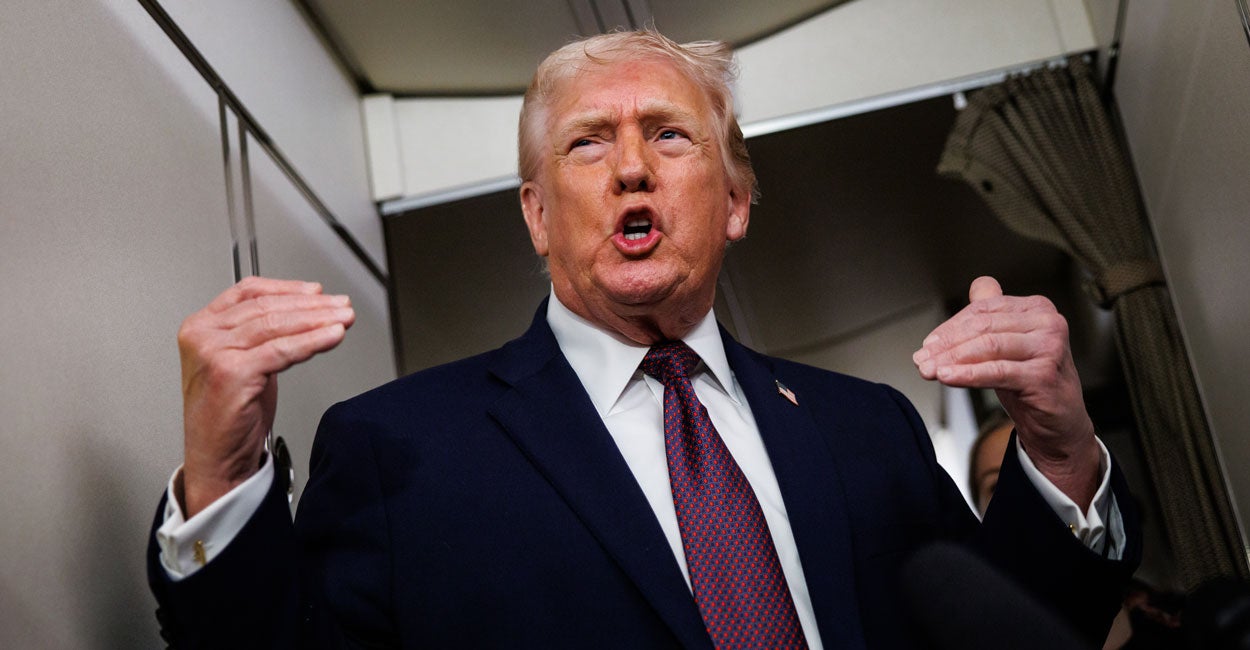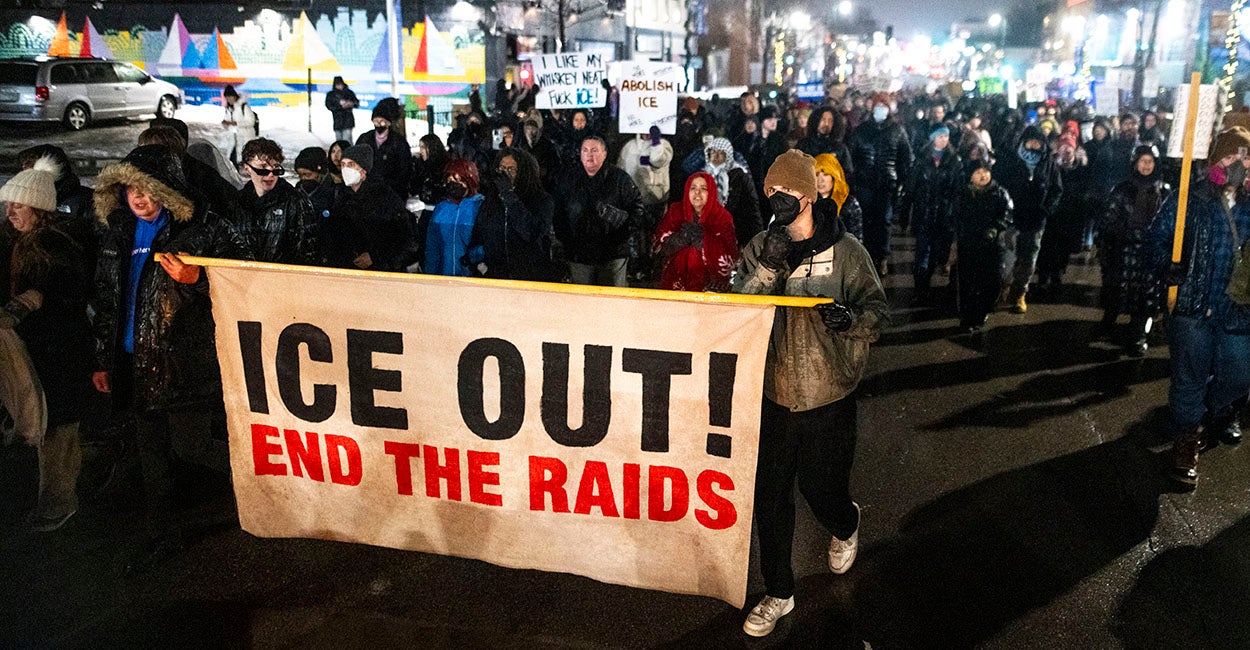The Man Who Laid the Groundwork for the Rise of Trump and the Death of the Media

It’s Andrew Breitbart’s world, we’re all just living in it.
Live Your Best Retirement
Fun • Funds • Fitness • Freedom
Tragically, Breitbart himself is not. He died suddenly on March 1, 2012, at just 43 years of age.
In his life, Breitbart was always a pioneer, pushing media and politics to the edges of the map only to open a completely new frontier. There’s something fitting to him exploring the frontier of eternity just a little before the rest of us in his earthly death. Breitbart spent most of his career at the confluence of Hollywood, media, and politics. He was one of the first men on the right to clearly see the complete picture. “Celebrity is everything in this country,” Breitbart once said. “Media is everything. It’s everything.”
The Left, Breitbart realized, understood this. “We just assumed that Walter Cronkite was unbiased,” Breitbart said of the legendary CBS Evening News anchor. “In hindsight, it is clear that Walter Cronkite was biased and that he used feigned objectivity as the cudgel to change the American narrative from being a right of center one to being a left of center one.”
Meanwhile, “the center-right alternative media has been playing a passable prevent defense, constantly saying ‘That’s not right’ for consistently biased reporting.”
Breitbart devoted himself to building institutions that would shift the balance of power away from oligarchs and back to the people. Websites, blogs, audio and video content were all part of Breitbart’s insurgency against the imperial forces of liberalism.
After listening to a radio interview with Breitbart, Larry O’Connor, then a show manager for Broadway productions, contacted Breitbart and wanted to write for his blog “Big Hollywood.” O’Connor found Breitbart, but Breitbart also found O’Connor. Now a radio host with Washington, D.C.’s WMAL, probably the most influential political radio station in the country, and author of a new book titled “Shameless Liars,” O’Connor joined “The Signal Sitdown” to discuss how Andrew Breitbart saw the rise of Donald Trump, and the efforts to take him down like the Russiagate hoax, coming.
“Andrew Breitbart sort of upended my world,” O’Connor told The Daily Signal.
When O’Connor started writing for Breitbart’s blogs in 2009, he took on the pseudonym “Stage Right,” and stayed anonymous until Breitbart asked for him to come on full time. “I stayed anonymous until I couldn’t anymore,” O’Connor recalled. “And I said, ‘OK, well, I’m going to throw that life away for a while—I could always go back to it maybe—but I’m going try this thing out.”
Not long after, “I started experimenting with this brand new technology, which was live streaming audio on the internet,” O’Connor said. It was “really early stuff,” but “because Andrew put it on the site and it streamed across all of his sites, it got a lot of attention.” O’Connor started getting radio opportunities, and by 2012, he was offered a job as a host at WMAL.
O’Connor needed a change. “The offer came a few months after Andrew died,” O’Connor said. “Andrew died on March 1, 2012, and it was an incredibly jarring experience in my life.”
“You lose a friend, you lose a brother, you lose the best boss you’ll ever have, and you lose this guiding light who is changing the world in media and in politics,” O’Connor said of Breitbart’s death. “And he’s just ripped from us at a moment’s notice. And I think when I had the opportunity for a change of scenery and a change of lifestyle, it was like, ‘Yeah, I need this in my life. I need to get out of here because everything—everywhere I look—reminds me of Andrew.’”
Today, everywhere still reminds O’Connor of Breitbart because we’re living in the world Breitbart created. “This pop culture shift with Trump this last time around,” O’Connor said, “Andrew absolutely laid the groundwork for… he helped make it happen.”
That’s especially the case for the media. Breitbart saw it for what it was. Andrew called me one time and he’s like, ‘I’ve been watching the site and, you know, traffic is good, but if you notice, your videos are all kind of the same,’” Breitbart told O’Connor of Breitbart.tv, which O’Connor was managing at the time.
“What do you mean?” O’Connor replied.
“‘You’re just focusing on MSNBC … but they’re not the problem,’” Breitbart replied.
“What do you mean they’re not the problem?” O’Connor shot back.
“Rachel Maddow is not the problem. Anderson Cooper is the problem,’” Breitbart told O’Connor. “Andrew saw CNN for what it was before the world saw CNN. Back then, CNN still pretended, and most people thought, CNN was just the news.” Breitbart saw through the branding: “They pretend to be objective. They pretend that they don’t have an opinion… They’re the problem. It’s this myth of objectivity that they end up using as a camouflage.”
O’Connor told another Breitbart anecdote:
“He was at a Tea Party rally in 2010 in Washington D.C., and at one point, because he talked about the media whenever given the opportunity, he asked everybody in the crowd to hold up their smartphones… everyone holds up their smartphones. He goes, ‘you are the media… in your pocket right now, you have more video and editing and audio power than a television studio did 20 years ago.’’
“He would be thrilled with what’s happened now,” O’Connor said of the new media landscape and the Trump era completely discrediting the legacy media.
“Andrew wanted to be able to give all of these people who were just starting out or have an opinion and have a voice that are worthy of being heard the opportunity to be heard,” O’Connor said. “That’s what Andrew wanted. That was his vision.”
In the years leading up to Breitbart’s death, the establishment in politics and media tried to eliminate the threat he posed to them by writing him off as a lunatic.
He didn’t begrudge them for it: “They want to portray me as crazy, unhinged, unbalanced. OK, good, fine.”
The post The Man Who Laid the Groundwork for the Rise of Trump and the Death of the Media appeared first on The Daily Signal.
Originally Published at Daily Wire, Daily Signal, or The Blaze
What's Your Reaction?
 Like
0
Like
0
 Dislike
0
Dislike
0
 Love
0
Love
0
 Funny
0
Funny
0
 Angry
0
Angry
0
 Sad
0
Sad
0
 Wow
0
Wow
0
